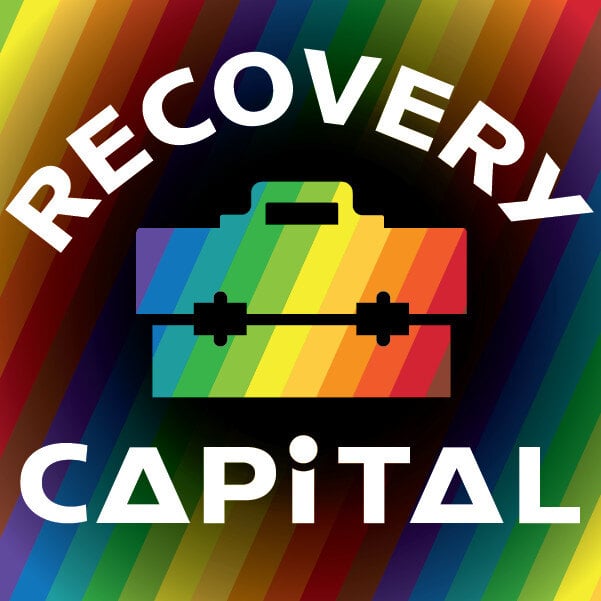Navigating Compassion Fatigue
In the field of helping professions, we're often faced with the challenge of providing care and support to others who are experiencing distress or trauma. While the work we do is important, it can also take a toll on our well-being. This phenomenon is known as compassion fatigue, and it is a topic that requires attention and understanding. In this blog post, we will explore the concept of compassion fatigue and introduce a self-test created by Dr. Charles Figley, a renowned expert in the field.
What is Compassion Fatigue?
Compassion fatigue, sometimes referred to as secondary traumatic stress, is a form of burnout that results from prolonged exposure to the suffering of others. Practitioners who consistently engage in empathetic and compassionate work can become overwhelmed by the emotional and psychological burden of their clients' pain. Over time, this can lead to feelings of exhaustion, depersonalization, and reduced empathy, impacting our ability to provide effective care.
The Importance of Self-Care:
Recognizing the signs of compassion fatigue is crucial for us to maintain our well-being and continue to provide high-quality care. Self-care practices are essential in preventing and managing compassion fatigue. By taking care of ourselves, we can replenish our emotional and physical resources, enhance resilience, and sustain our compassion for those they serve.
The Compassion Fatigue Self-Test:
To help practitioners assess their vulnerability to compassion fatigue, Dr. Charles Figley has developed a self-test (Download HERE) that can provide valuable insights. The self-test is designed to measure the frequency and intensity of specific symptoms associated with compassion fatigue. It consists of a series of questions that evaluate emotional, physical, and behavioral indicators.
By taking the Compassion Fatigue Self-Test, we can gain a better understanding of our own well-being and identify potential areas of concern. It serves as a starting point for initiating necessary self-care strategies and seeking support when needed.
Implementing Self-Care Strategies:
After completing the self-test, it is essential to take action based on the results. Here are some practical self-care strategies that you can incorporate into your life:
- Self-reflection and mindfulness: Engage in self-reflection practices, such as journaling or meditation, to cultivate self-awareness and reduce stress.
- Boundaries and time management: Set clear boundaries with clients and prioritize time for rest, relaxation, and personal activities.
- Seek support: Connect with peers, mentors, or support groups to share experiences and seek guidance from those who understand the challenges of the profession.
- Physical well-being: Prioritize regular exercise, a balanced diet, and sufficient sleep to maintain physical health, which is closely tied to emotional well-being.
- Variety and balance: Engage in activities outside of work that bring joy and fulfillment, such as hobbies, socializing, or pursuing personal interests.
Compassion fatigue is a significant concern for practitioners in the helping professions. By taking the Compassion Fatigue Self-Test developed by Dr. Charles Figley, we can gain valuable insights into our own well-being and identify areas for self-care and support. Implementing effective self-care strategies is essential to mitigate the risk of compassion fatigue and sustain compassionate care for those in need. Remember, by taking care of ourselves, we can continue making a positive impact on the lives of others while nurturing our own well-being.

 By
By

